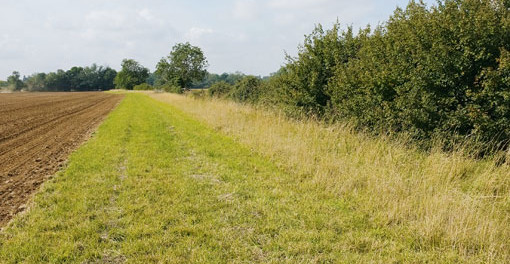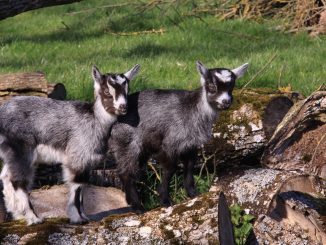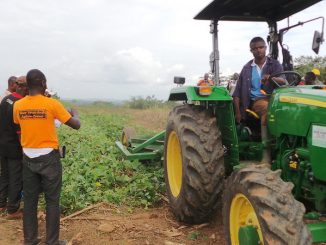Despite opposition from 18 EU Member States* a ban on pesticides from Ecological Focus Areas (EFAs) remains a distinct possibility for 2017.

A Delegated Act including 14 changes has been adopted on greening by the Commission. The Council and European Parliament will in the coming months take a position, which involves accepting or rejecting changes, but not making amendments or changes to the text. Following this, the Delegated Act should come into force.
Read: the recent history of this process in a earlier post on ARC2020
Almost 3/4 of all EU land is subject to CAP greening, with one of the following – EFAs, permanent grassland and crop diversification – compulsory. 70% of cereal crop land is subject to EFA.
A presentation by Pierre Bascou of DG AGRI in February suggested that one of the aims of the current push for simplification is to “harmonize some specific requirements to better achieve the environmental objective of EFAs”. His presentation includes reference to banning pesticides from EFAs as one of 14 simplification changes mooted by the Commission:
“Ban on using pesticides on productive or potentially productive EFAs (i.e. nitrogen-fixing crops, catch crops and green cover, land lying fallow and strips along forest): During the minimum period of presence or retention; Taking into account the specificity of under-sown catch crops.”
The minimum retention period is 8 weeks for catch crops and six months for land lying fallow. Land lying fallow and nitrogen fixing crops make up the majority of EFA options selected in the EU.
The Act itself cites arguments by both opponents and proponents of the ban, in particular with regard to nitrogen fixing crops. Some feedback during the consultation process focused on the ban on plant protection products (PPPs) on several EFAs, in particular nitrogen-fixing crops (NFCs). Farmers’ organisations and agricultural businesses questioning whether it would be technically feasible or economically viable to cultivate to cultivate such crops. This, they argued, would reduce the ability of the European Union to gain crop self-sufficiency in this crops.
Environmental and other NGOs considered such a ban “vital for protecting biodiversity within the farming sector, and for encouraging pollination, soil fertility and natural pest control” and for the “credibility” of the greening process.
Agrafacts reported that as some Member States had already placed limits on the use of inputs on EFAs, which made the case for harmonisation of the rules stronger – in this case, towards a ban of pesticides. However “the Commission is unlikely to increase the area of farmland dedicated to biodiversity from 5% to 7%, as the proposed ban on the use of plant protection products on productive EFAs is seen as a “concession”” the media organisation also reported.
* FR, UK, HR, CZ, DK, EE, FI, EL, HU, LV, LU, LT, RO, PL, PT, SI, IE & SE;
More
All ARC2020 articles on CAP and pesticides




